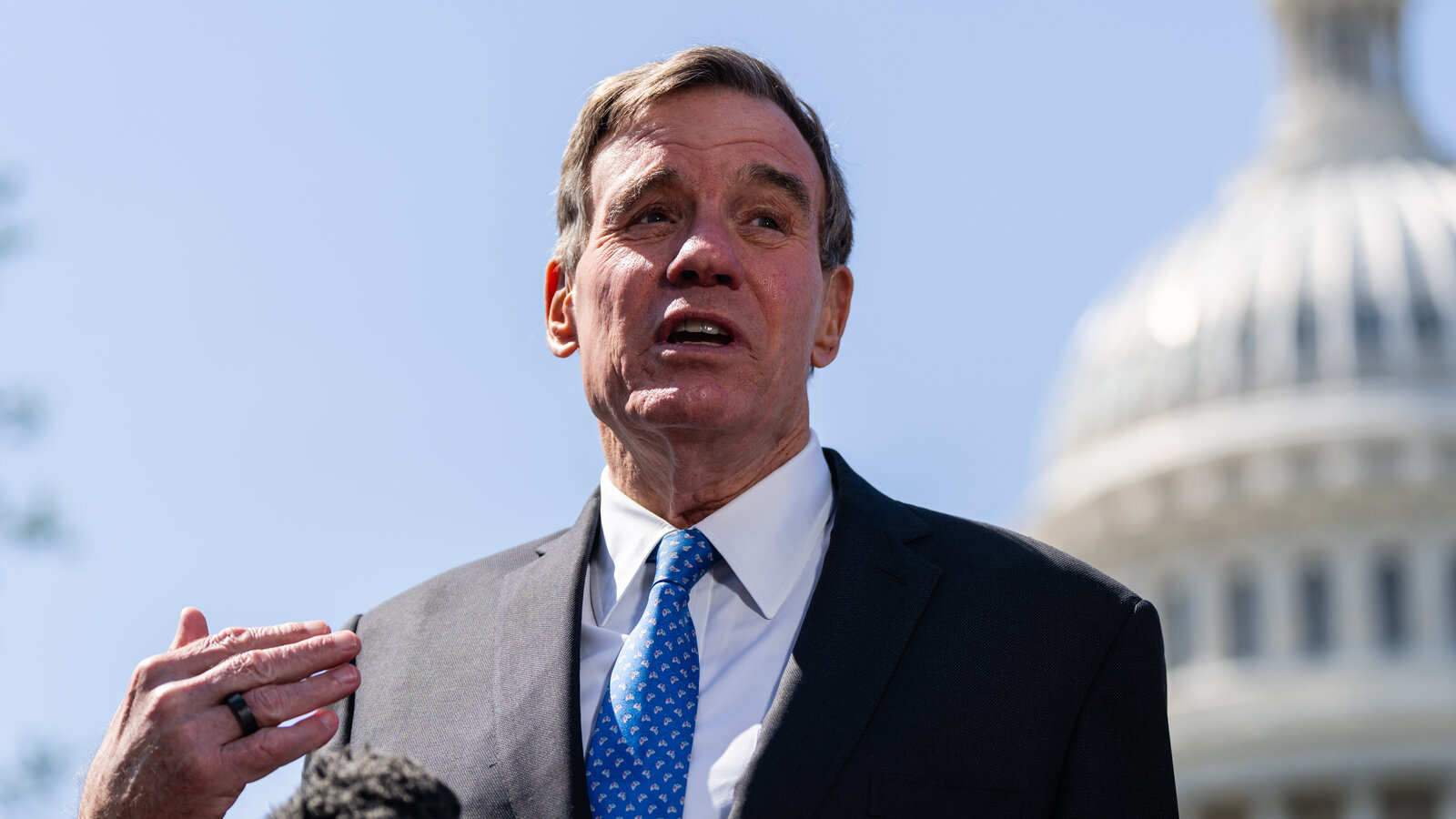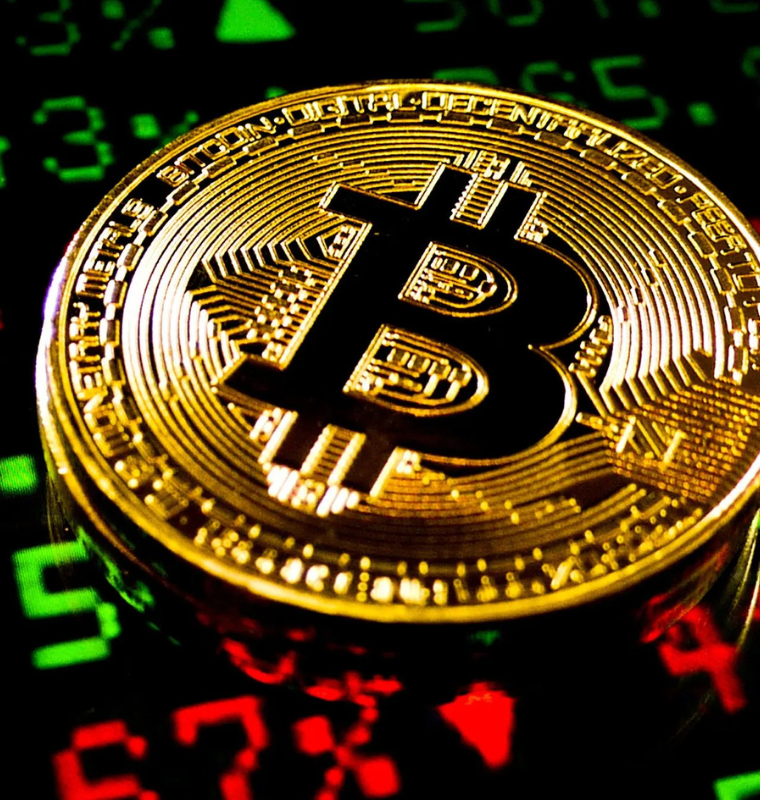U.S. Senate Crypto Bill Negotiations Stall Amid Partisan Divide
U.S. Senate Crypto Bill Negotiations Stall Amid Partisan Divide
By
Calder Monroe
Last updated:
October 22, 2025
First Published:
October 22, 2025

Photo: The New York Times
A growing divide in Washington
The long-awaited U.S. Senate negotiations over a comprehensive cryptocurrency regulation bill have once again reached an impasse. Despite months of bipartisan discussions, lawmakers remain divided on key aspects of the proposed framework. The debate has become less about the technology itself and more about who should control and oversee the emerging digital financial ecosystem.
The push for clarity in a murky market
For years, the crypto industry has urged lawmakers to establish clear guidelines around digital asset trading, taxation, and classification. The current environment is a patchwork of regulations managed by different agencies, leaving companies uncertain about compliance. The latest breakdown in talks only prolongs this confusion, making it harder for innovators to build confidently within the United States.
The regulatory crossroads
At the heart of the deadlock lies a jurisdictional battle between the Securities and Exchange Commission and the Commodity Futures Trading Commission. Lawmakers on both sides of the aisle have struggled to agree on which agency should take the lead. Some senators advocate for stricter oversight under the SEC, arguing that investor protection should come first. Others insist that too much restriction could drive innovation overseas, weakening America’s global influence in financial technology.
Partisan priorities and political optics
The discussions have also become intertwined with political messaging. Democrats have tended to emphasize consumer safety, environmental sustainability, and anti-fraud measures. Republicans, meanwhile, have focused on promoting innovation, economic competitiveness, and minimizing regulatory overreach. These contrasting priorities have turned what was once a policy debate into a symbolic tug-of-war about the future of American finance.
The industry’s growing frustration
Major players within the crypto space have expressed disappointment at the slow progress. Exchange operators, blockchain developers, and venture investors have all been pushing for clarity that would allow them to plan long-term strategies. Many fear that continued delays could push more businesses to relocate to regions with friendlier frameworks such as Singapore, Dubai, or the European Union, which has already implemented comprehensive crypto legislation.
Economic and global implications
The lack of a unified policy not only hampers domestic innovation but also affects the United States’ standing in global financial discussions. As nations like Japan, the United Kingdom, and South Korea refine their digital asset laws, the U.S. risks falling behind in shaping the global standards that could define the next era of finance. This uncertainty may discourage foreign investment in American crypto ventures and reduce cross-border partnerships that are crucial for blockchain interoperability.
Crypto advocates seek compromise
Industry advocates have urged lawmakers to find middle ground by combining robust consumer protection with flexibility for innovation. Several proposed amendments would introduce clearer definitions for digital assets, set consistent tax rules, and establish a dedicated office to oversee blockchain development. However, these suggestions have yet to gain broad bipartisan traction.
The role of public sentiment
Public opinion has also played a subtle but significant role. A growing number of Americans are now holders of digital assets, and many view crypto as a path toward financial independence. Yet scandals and market collapses in previous years have made some voters wary. Lawmakers are therefore walking a fine line between encouraging new opportunities and preventing potential harm to consumers.
What comes next for policymakers
While official negotiations are paused, both parties have agreed to revisit the topic after upcoming fiscal sessions. Analysts believe that meaningful progress might not happen until after the next election cycle, when new leadership could reshape priorities. In the meantime, federal agencies will continue enforcing existing laws, which often overlap and sometimes contradict one another.
A critical moment for America’s crypto future
The stalled negotiations mark a pivotal moment for the United States. Without cohesive regulation, the nation risks losing both innovation and credibility in a sector that is rapidly defining the modern economy. A future where digital assets coexist with traditional finance demands leadership and clarity. Until Washington bridges its divide, the promise of a balanced, fair, and future-ready crypto framework will remain just out of reach.
Popular articles
Subscribe to unlock premium content
Disney’s Timeless Magic and How the Entertainment Giant Continues to Shape Culture and Innovation

Imran Khan’s Economic Missteps Amid Political Chaos in Pakistan

The Philippines’ Digital Shift How Remittances and BPO Are Fueling Growth

Disney’s Timeless Magic and How the Entertainment Giant Continues to Shape Culture and Innovation

Imran Khan’s Economic Missteps Amid Political Chaos in Pakistan

Disney’s Timeless Magic and How the Entertainment Giant Continues to Shape Culture and Innovation









